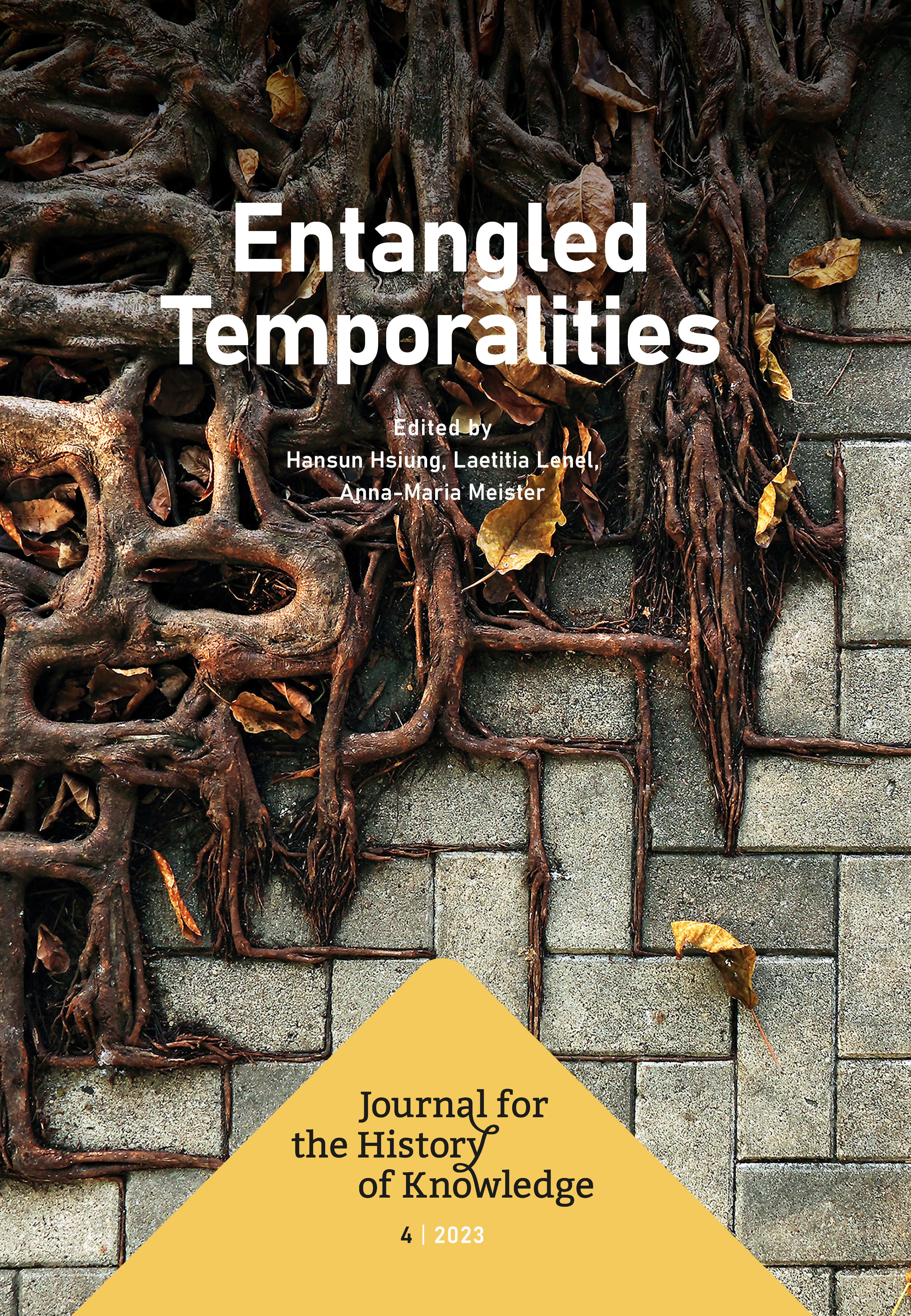Survivor Testimonies and the Problem of Time
DOI:
https://doi.org/10.55283/jhk.12542Keywords:
Holocaust testimonies, History of forgetting, History of ignorance, Time studies, Oral historyAbstract
Testimonies of Holocaust survivors have had an essential influence on public engagement with the Shoah in recent decades. Given this importance, the imminent end of the “era of the witness” has sparked fears that the history of the Holocaust could soon be forgotten. The past decades have therefore seen unprecedented efforts to record the testimonies of Holocaust survivors in order to safeguard the immediacy of their accounts. In this essay, I trace how different temporal entanglements have affected the narrated memory of Holocaust survivors and thus also shaped the knowledge of those born later. Focusing on four interviews conducted with a Jewish Holocaust survivor in 1946, 1995, 1998, and 2004 respectively, I explore how biological time, historical time, recording time, and the temporality of narrative have shaped the narrated memories. As I argue, the different temporal entanglements have allowed for starkly different reconfigurations and reconstructions of the past. This renders the study of the epistemic constitutive nature of entangled temporalities important not only for Holocaust studies, but also for the history of knowledge, a field which has recently turned to processes of forgetting and ignorance. Before this article appeared in Volume 4 (2023), it had been published as 'online first' article on the website of Journal for the History of Knowledge on August 9, 2023. The article was not changed when it was published in the annual volume.Downloads
Download data is not yet available.
Downloads
Published
2023-11-22
Issue
Section
Special Issue
License
Copyright (c) 2023 Laetitia Lenel

This work is licensed under a Creative Commons Attribution 4.0 International License.


